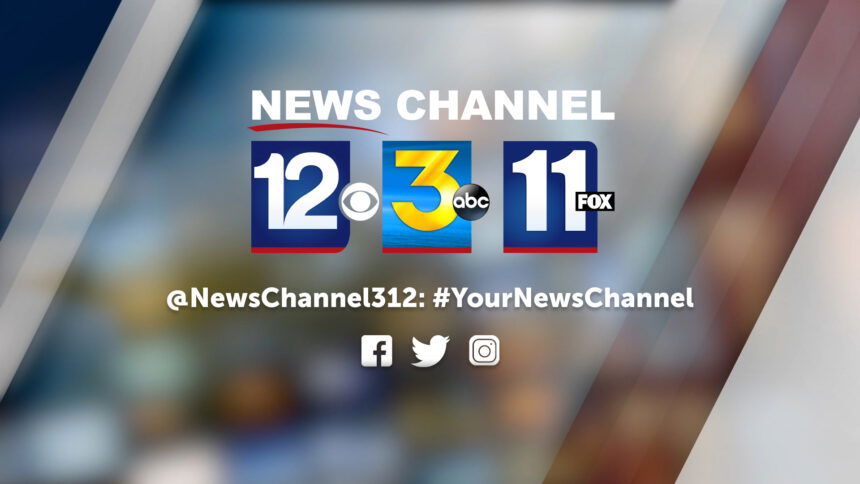Public Opinion on American Political Parties: Insights from a New CNN Survey
By Ariel Edwards-Levy, CNN
In a recent CNN survey conducted by SSRS, a significant portion of the American public expresses skepticism about both major political parties. The findings reveal that neither the Republican nor the Democratic Party has managed to consolidate a majority of support, with over 40% of respondents believing that neither party is capable of getting things done or demonstrating strong leadership. This sentiment reflects a growing discontent among the electorate as public opinion shifts in the early months of Donald Trump’s second term.
Increasing Distinction Between Parties
A notable trend from the survey highlights a divergence in how Americans perceive the two parties. An overwhelming 81% report seeing clear differences between Republicans and Democrats, a rise from previous years. This distinction cuts across various demographic lines, including political affiliation, age, and education. In contrast, only 18% of respondents believe that the parties are fundamentally similar—a significant decrease from previous polls. Nonetheless, nearly 20% of those who recognize differences still feel that neither party aligns with their views on multiple key issues, indicating a persistent disillusionment.
When asked which party is better equipped to lead or effect change, the majority—over 40%—expressed that neither party fits the bill. This reflects a significant challenge for both parties as they strive to connect with an increasingly skeptical electorate.
Shifting Expectations of Government
The survey reveals a rising expectation for government intervention, with 58% of Americans advocating that the government should play a more active role in addressing societal issues. This marks the highest level of support for increased government involvement in over three decades of CNN polling. Interestingly, while Democratic attitudes toward government involvement have remained fairly stable, the proportion of Republicans and independents advocating for more governmental action has decreased since the political landscape changed.
Despite this call for greater government action, skepticism about political leadership weighs heavily on Democrats. The Republican Party is viewed more favorably in terms of leadership, with 40% of respondents associating strong leadership with the GOP compared to just 16% who say the same about Democrats. Moreover, GOP-aligned individuals are markedly more likely to express confidence in their party’s leadership capabilities than their Democratic counterparts.
Varied Perspectives on the American Dream
The survey also sheds light on Americans’ evolving views of the “American Dream.” Approximately 54% of respondents believe that hard work leads to success, a decline from 67% in 2016. Significantly, 45% feel that hard work does not guarantee success, particularly among specific demographics such as younger Americans and those aligned with the Democratic Party. This evolving perception raises questions about the belief in meritocracy and the role of social systems in fostering success.
Public opinion is divided regarding which party better represents the interests of the middle class. A substantial share, about one-third, believes neither party advocates effectively for this demographic. Additionally, the Republicans’ perceived advantage on economic issues—traditionally a stronghold for the GOP—has been narrowing, from a 15-point lead in May 2022 to just 7 points in the latest survey.
Attitudes Toward Abortion and Social Issues
When it comes to sensitive issues like abortion, support for legal access remains strong, with 36% of Americans believing it should be permissible in all circumstances. Interestingly, the Democratic Party holds a 10-point margin over the Republicans on this topic, although this lead has diminished from previous highs. Internal divisions within the Democratic Party regarding messaging on race and gender issues may also be influencing public perception.
Overall, strong majorities of Americans—72%—view increasing racial diversity as enriching rather than threatening to American culture. This sentiment is particularly pronounced among Democrats and remains relatively stable despite shifts within the Republican base.
Concerns Regarding Democracy
Perhaps the most striking insight from the survey is the prevailing concern about the state of democracy in the U.S. Approximately half of Americans believe democracy is currently under attack, with partisan divisions starkly evident. A significant majority of Democrats—72%—perceive a crisis, while only 29% of Republicans share that sentiment. This shift highlights growing disparities in political perspectives and underlines the contentious nature of democracy in contemporary America.
Conducted among 2,539 adults nationwide, the survey reflects a complex landscape of public opinion. With clear divisions on pivotal issues both within and between the parties, these insights underscore the evolving relationship Americans have with their political institutions, the issues they prioritize, and the leaders they trust.


